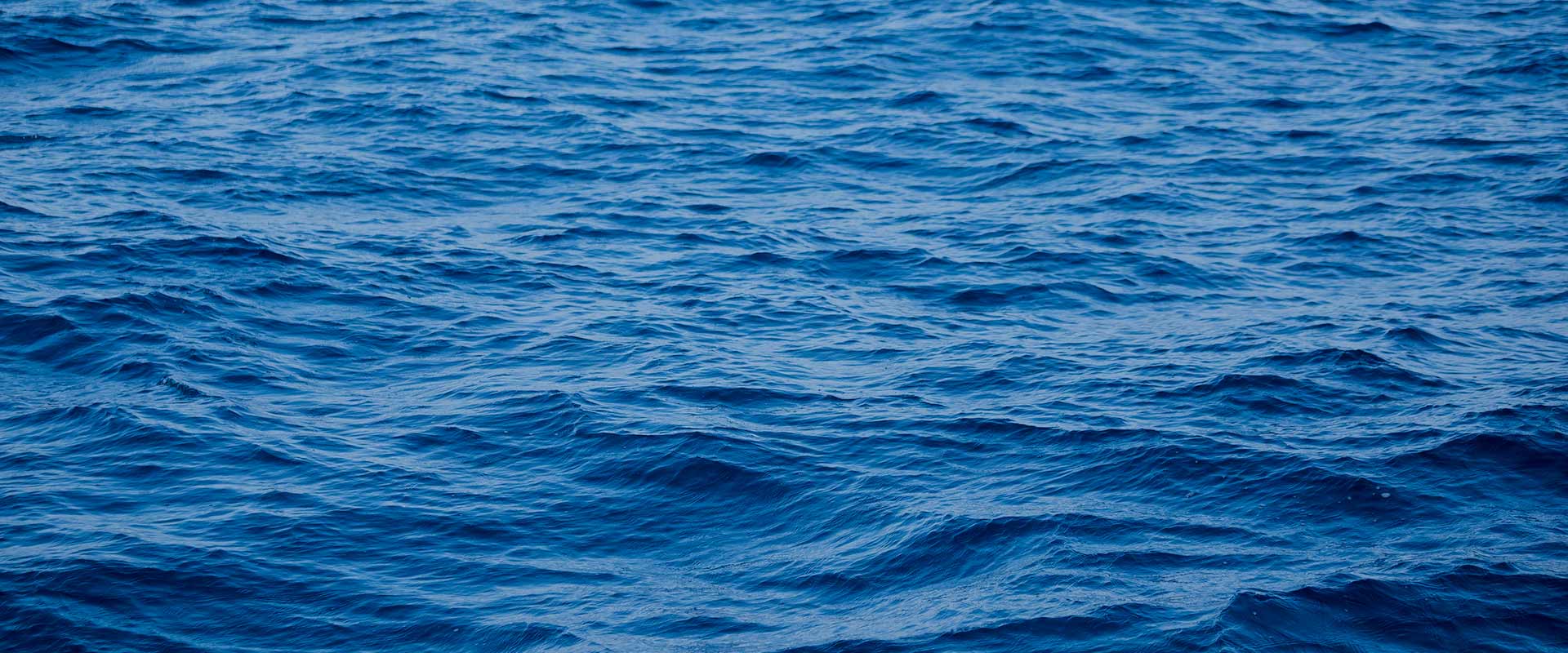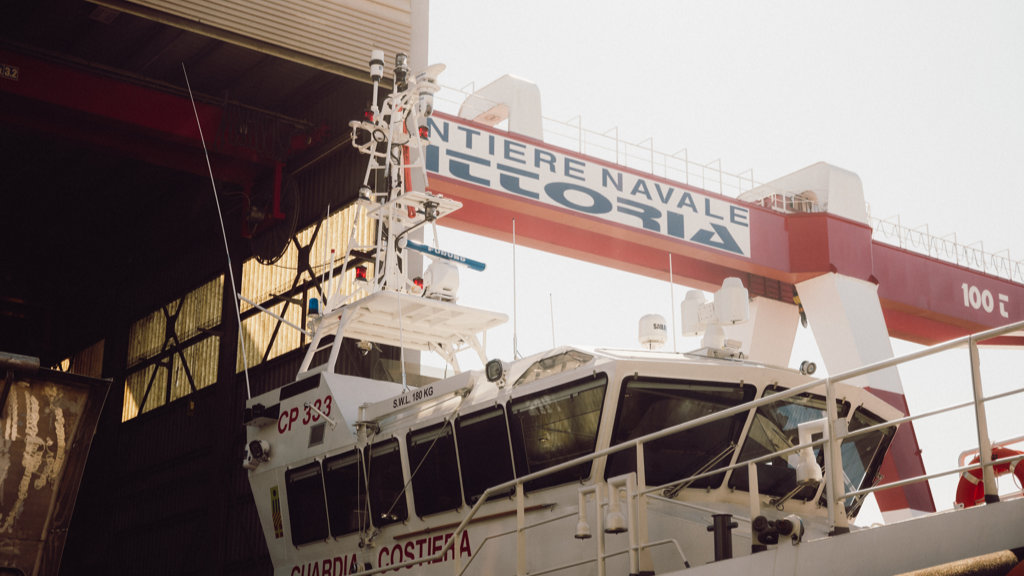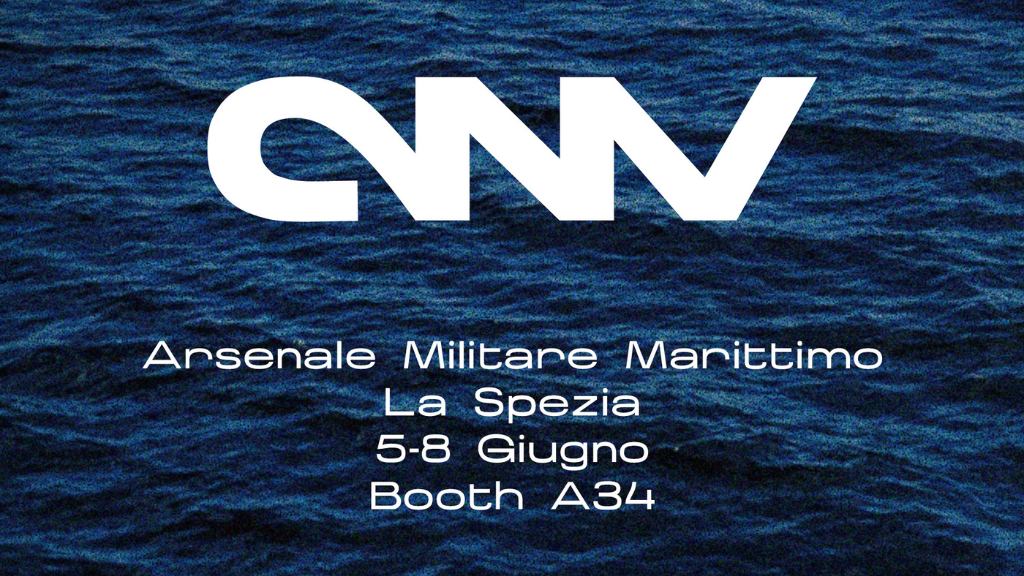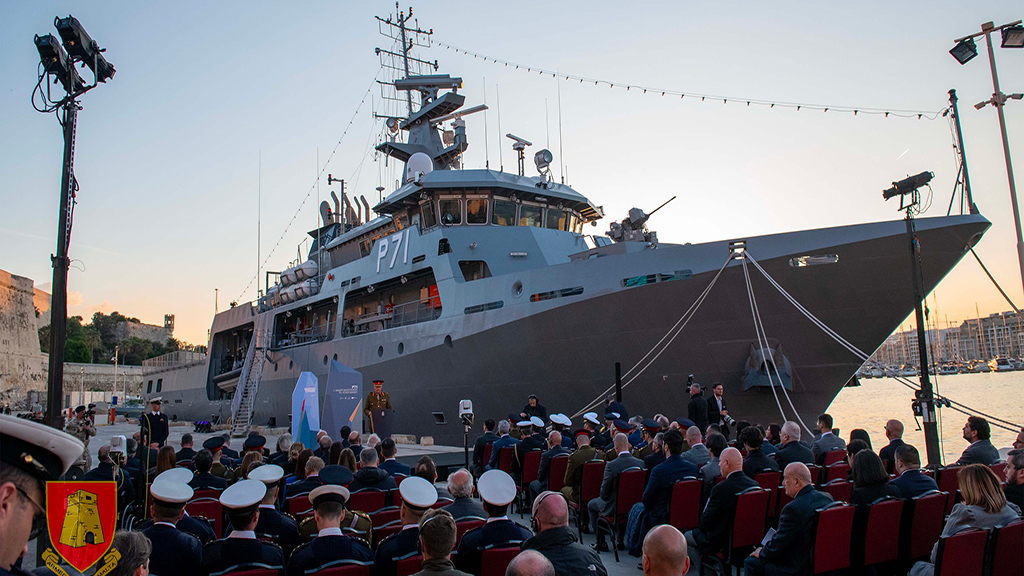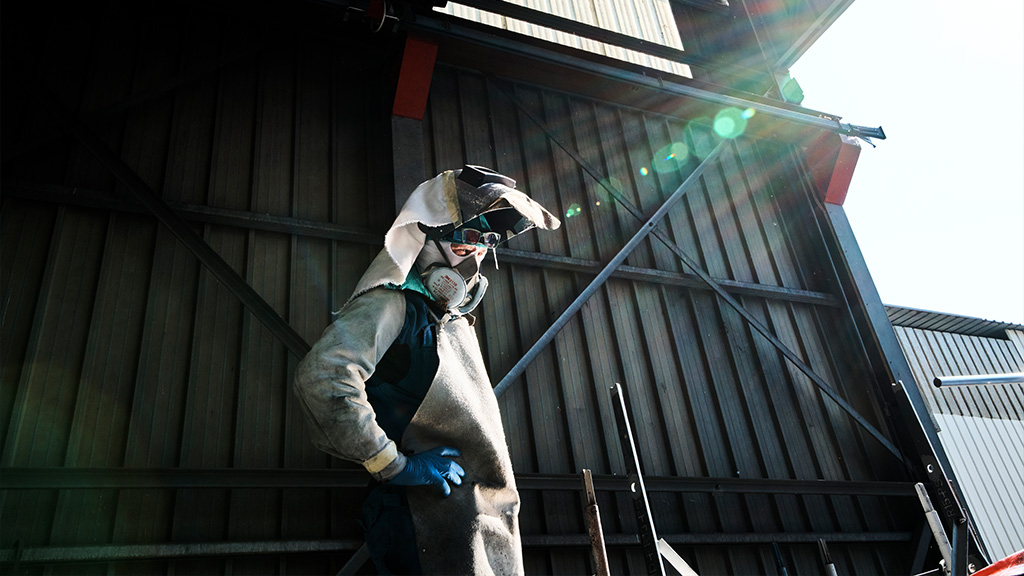
Cantiere Navale Vittoria will build the first hybrid boats for public transport in Venice
Cantiere Navale Vittoria expands the fleet of green boats and will build, for the first time, two diesel-electric propulsion mooring boats with battery. Construction has begun for Actv SpA, a company belonging to the AVM Group and entrusted with the public transport service in Venice, of a pair of 400 H series boats, intended for the public transport of passengers in Venice and the islands, equipped with a propulsion system capable of ensuring increasingly sustainable and compatible water mobility with the lagoon environment.
Delivery is expected by 2024. The two units for passenger transport, called CV 916 and CV 917, will be characterized by a completely innovative and modern propulsion system, in accordance with the most recent regulations, consisting of three diesel generators variable revolutions each of 100 kilowatts, LiFePO4 batteries for a total of about 200 kilowatt hours, inverter and battery charger units, two electric propulsion motors with variable revolutions calibrated at 147 kilowatts for 1800 revolutions per minute and, lastly, two lines of shafts with fixed pitch connected to the propulsion electric motors by inverters/reducers. This solution involves the adoption of diesel generators that are always running and limited to the search for maximum efficiency, with the batteries capable of making up for any power peaks required, especially during maneuvering. In the event of an emergency, an autonomy of 30 minutes at maximum cruising speed or at least 50 minutes at a speed of 10 kilometers per hour is guaranteed with batteries alone.
The motorboats will be made of carbon steel and light alloy, over 31 meters long overall, over 5.6 meters wide, with a displacement of approximately 100 -140 tons, will be able to accommodate up to 400 passengers and will receive RINA class certification with the notations special AUT-UMS, HYB-E foreseen for fully automated vessels with hybrid propulsion. The type of materials used will allow for an improvement in performance and a considerable reduction in consumption.



